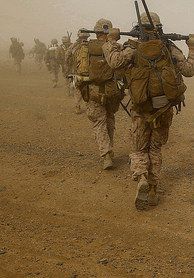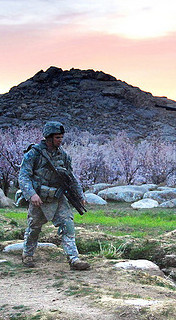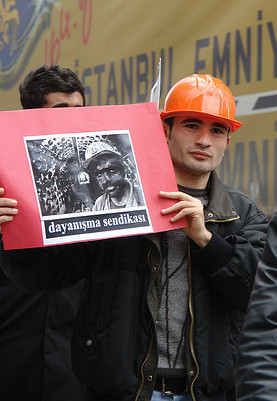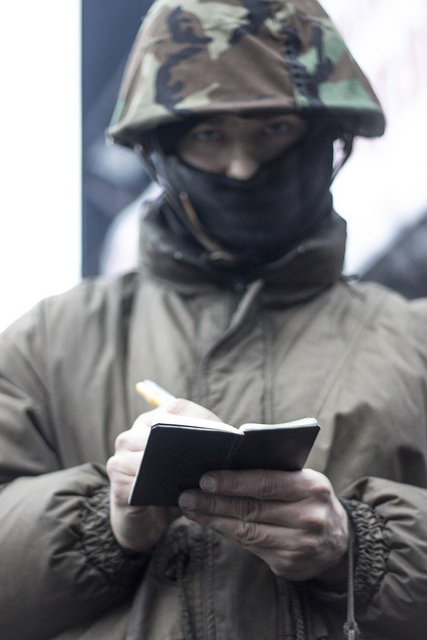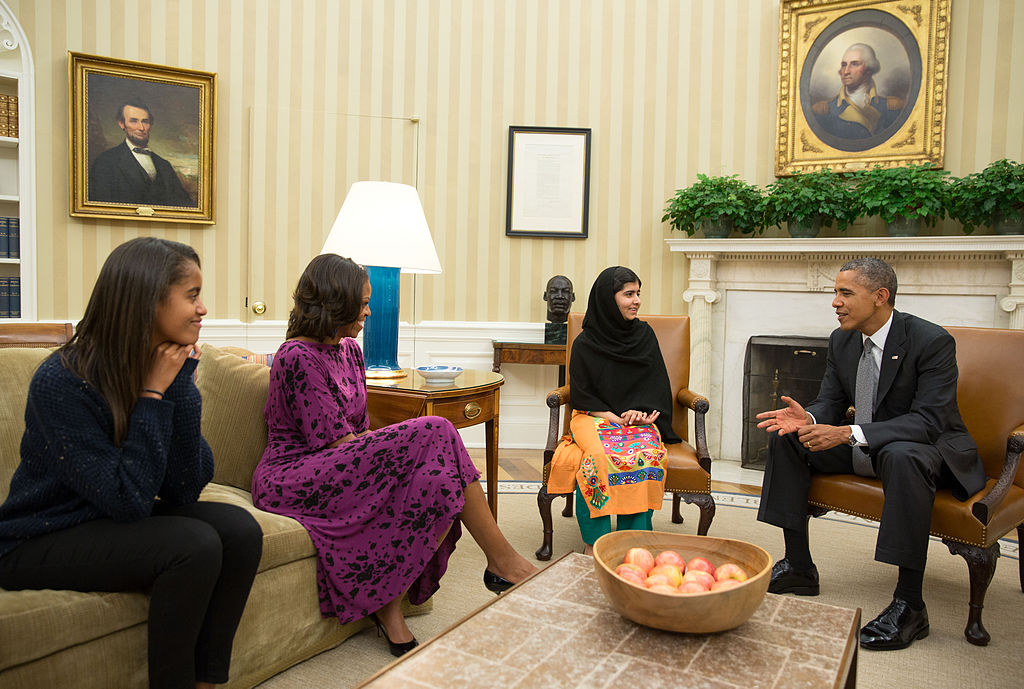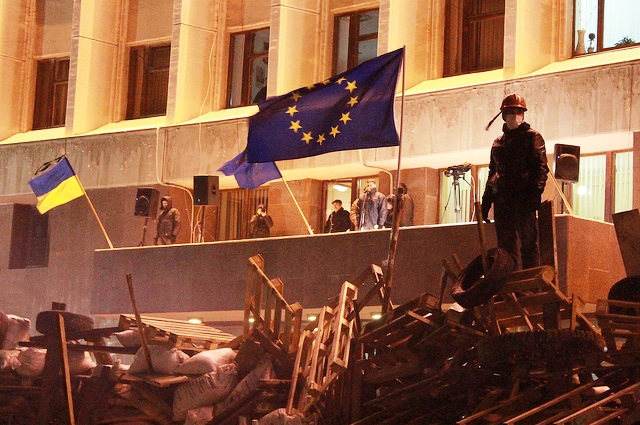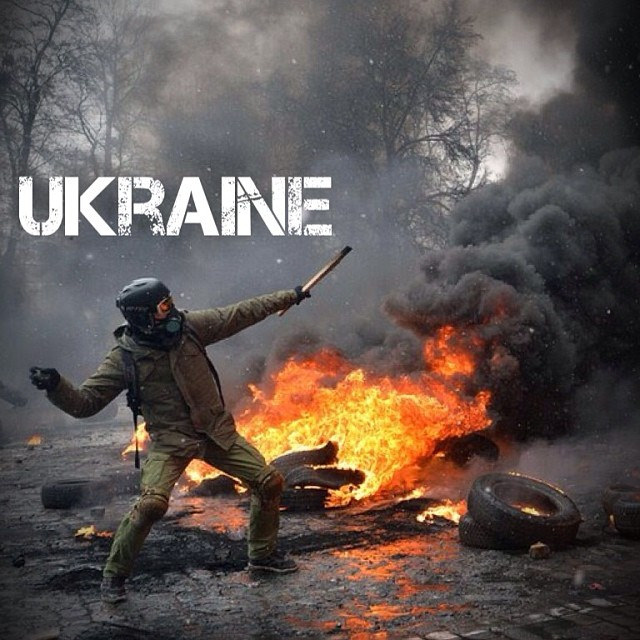Punjab Immigrants Stuck in Iraq | How to Avoid Fraudulent Job Offers
/Vinita Tiwari, Middle East CorrespondentLast Modified: 12:50 p.m. DST, 24 June 2014
PUNJAB, India & Dubai -- When dreams get wings, they fly high. But when dreams are met with deceit, often disappointment and broken aspirations are the residue left behind.
The metaphor is evident in a recent tragedy that has stirred the whole world and has discredited the developing economies involved in Dubai.
Let us unfold the chapters of this very dark story......
A Shameless Tale of Innocent Job Seekers & Fraud Predators
More than 40 young job aspirants from Punjab were lured west by proposals offered by travel agents who promised them high-paying job opportunities in Dubai. The worst part here was that these travel agents were in direct connections with illegal recruitment organizations operating from the Gulf countries.
The travel agents (as per their promise) sent these youth to Dubai, but there the job seekers were told to wait for many weeks. Later, they were informed that Dubai has dearth of ideal jobs, and currently Iraq would be a better fit for them.
In need of money and a better career, the aspirants agreed and moved on, not knowing that Iraq has been the epicenter of political and social unrests for the past decade.
Subsequent to the arrival, several of the hopeful employees disappeared and are still unaccounted for, and the families of these individuals are heartbroken. They are imploring Dubai to deliver justice and proper punishment for the fraudsters. Those immigrants who have been located in Iraq are trying to return home, but the cost of travel has been a barrier for many of these individuals. Other reports claim that ISIS terror group are holding the Indian workers.
Be Aware
While this seems like an extraordinary occurrence, many similar cases have been reported in recent years. The best antidote is to be aware and cautious when applying to jobs in Dubai or elsewhere. Whether you are promised a job in a large metropolis or rural area, the same risks apply.
Here is a plan to avoid becoming the next victim of such fraud:
“Deposit Money & Get Your Dream Job In-Hand”
This is the first red flag that the there is something suspicious about the job offer. As the saying goes, if it is too good to be true, it probably is. Well, if the opportunity is genuine, potential employees will never ask for money, but rather they will ask you your expected salary range. In these cases, the best advice is to avoid such opportunities and not fall prey to fraudulent career-furthering options. The statement is generally mentioned in the ‘terms & conditions’ part of the intent letter.
Remuneration Amount Beyond Experience & Expectations
This is another technique used by the conmen to raise hopeful employee's hopes and encourage a flood of applicants. It is understandable that if you get an opportunity to go for a high-paying job in Dubai or EU, as these are some of the flourishing economies of late, you might have a hard time saying 'no.' However, it is advisable to study the current global market salary trends in advance, so you can find work that pays well, and avoid fraudulent job offers.
Use the Power of Internet
Make use of the power of the internet by searching buzzwords and hashtags related to your job. There are cyber cafes that offer access to the world wide web in small towns and big cities of every globalized country. To know the authenticity of the job offer, enter the company’s name, the agency’s name, and even the address of the company. You can find this information in prior corporate mailings and brochures.
Job Search Sites
If you are eyeing opportunities in Dubai or other flourishing economies, you should access famous Dubai job portals like Naukrigulf.com. You just have to create a profile, and then you can access several legitimate job options at your convenience.
No Personal Information Please!
There have been incidents of hacking and identity theft; therefore save yourself from this trap. There are mailers containing job opportunities that may ask you for your birth date, social security number or your mother’s maiden name. It is safe to assume that the intention of these mailings is to steal your identity or access your financial accounts.
Last Word of Advice
Be aware as you conduct your international job search. However if you find yourself a victim of a fake job offer, immediately report it to the job board, the Better Business Bureau and the Federal Trade Commission. The commission or the establishment will vary from country to country, but by reporting the offense, you can actively end the fraudulent and exploitative practices perpetrated by these recruiters.
Follow Vinita on Twitter Twitter: @nahmias_report Middle East Correspondent: @vinita1204
Related articles
India: Agents promised jobs in Dubai, sent youths to Iraq (alrasub.com)
Once a Humble Refueling Stop, Dubai Is Crossroad to the Globe (nytimes.com)
How duped Indian labourers end up in Iraq (rediff.com)
Indians stranded in Iraq: Family members appeal to foreign ministry for help (dnaindia.com)
40 Indians in ISIS custody 'safe' (thehindu.com)







